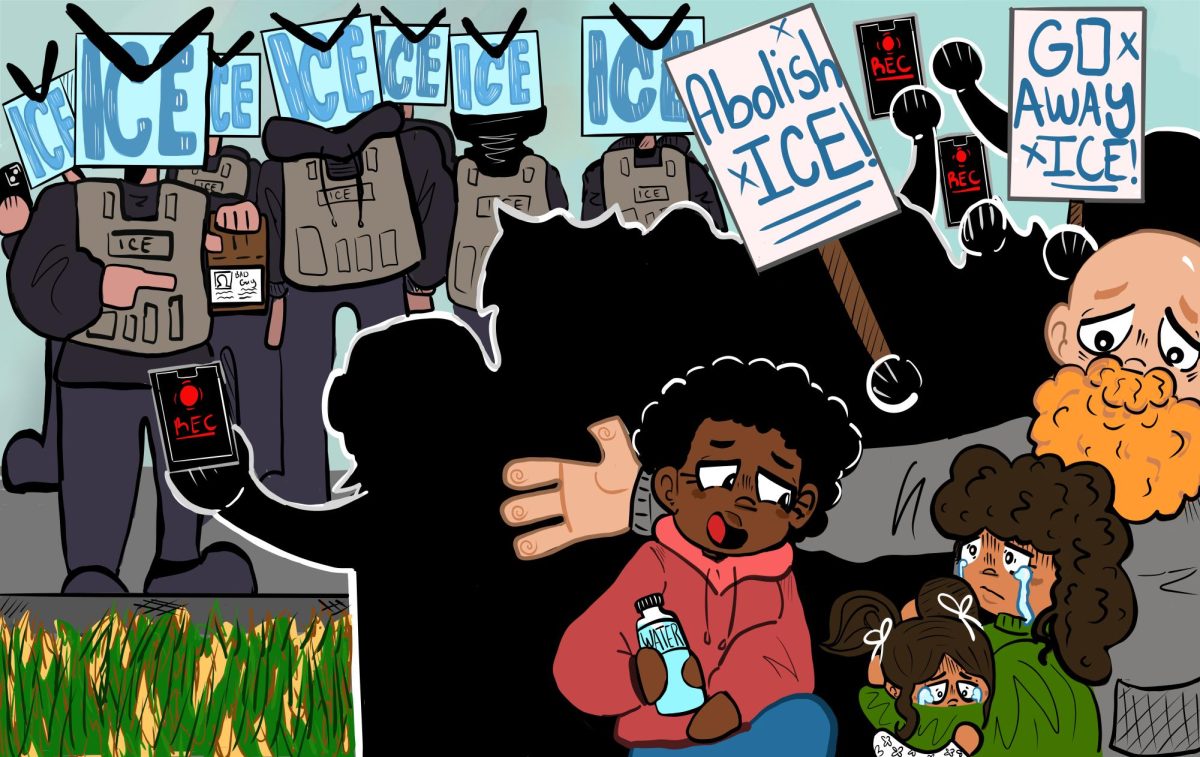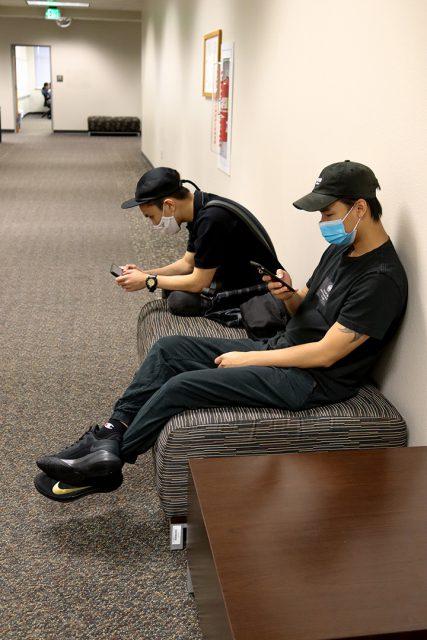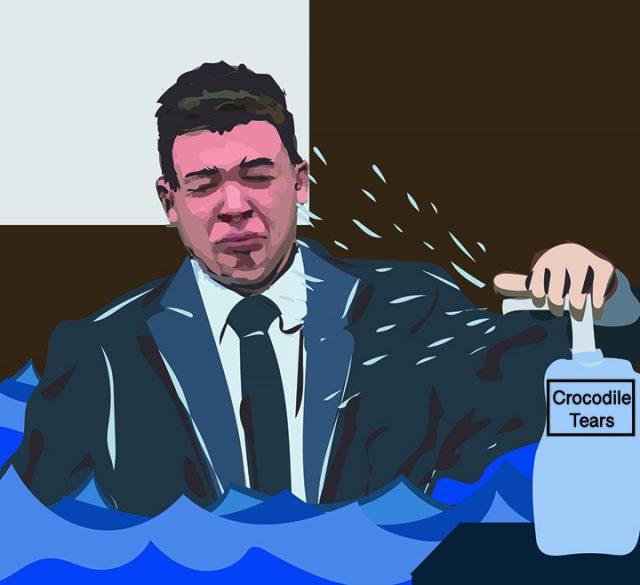
What happens when the economy goes before ethics? The Electric Reliability Council of Texas, or E.R.C.O.T., could answer that question.
Winter storm Uri left more than broken pipes in its wake. It left millions without power, according to CNBC. The electricity was turned off by the same entity that falsely blamed the outages on green energy.
Electricity is now regarded as scarce in supply and high in demand by the state of Texas, and therefore long-overdue for a price increase. This price increase was happily provided by the Texas legislature, who met during the storm, not to support emergency funding for this natural disaster, but to improve the bill that would take millions of dollars from the pockets of citizens already impacted by record-setting conditions. ERCOT wasted no time in acting on this bill either.
Reports from all over Texas talk of electricity bills in the five-digit range, and that’s before the decimal point.
For a state still barely recovering after a week without electricity, it’s no surprise many feel shell-shocked by a bill demanding, in some cases, more than 70% more than they would typically pay. Ethically, charging the price of a used sedan for one month of electricity is completely unthinkable, but ethics is not even considered by the politicians and business people running both the state and ERCOT.
Many politicians have defended ERCOT and Texas’ independent power grid.
Former Governor Rick Perry even said power outages were a worthy sacrifice to not fall under the federal government’s thumb. What is not understood is the government is instituted to help in cases exactly like this, and to deny help on the grounds of state pride is damaging and deadly.
Texas state leaders and ERCOT officials alike must be held responsible for their actions. The consequences of this decision fall entirely upon their heads, and that fall will be anything but graceful in the coming weeks.
The obvious solution to the problem is to forgive all electric bills entirely for the month. However, the idea that any Texas politician would willingly do so feels almost unattainable.
TCC currently faces a similar but different issue thanks to Uri.
Widespread outages and dangerous driving conditions not only left campuses closed but professors and students without power or internet for a week or longer. A week without being able to do coursework, synchronous classes, labs or projects.
Many professors have postponed due dates, and many still are facing continued outages. This past year has left students and teachers alike familiar with sudden changes in syllabi and schedules, but this obstacle seems bigger than before especially as students enter midterms.
Economically, the school sees it as more profitable to remain on an unchanged course, but with students already struggling during the pandemic, it doesn’t feel ethical. Doubling the work means doubling student stress levels, and doubling chances of drop-outs. Lengthening the semester would help the problem, but whether the board would agree to such an idea is both unknown and unlikely.
Putting students first would be an ethical choice, but not a very profitable one. And for now, in both state and school, profit comes before people.































![https://unsplash.com/photos/GBwEIHq1Imw
Unseen Histories
Washington D.C., DC, USA
Caption reads, "Civil Rights March on Washington, D.C. [Leaders of the march leading marchers down the street.]" Original black and white negative taken August 28th, 1963, Washington D.C, United States. Photographer unknown (The National Archives and Records Administration). Colorized by Jordan J. Lloyd. U.S. Information Agency. Press and Publications Service. ca. 1953-ca. 1978. https://catalog.archives.gov/id/542003](https://collegian.tccd.edu/wp-content/uploads/2021/03/unseen-histories-GBwEIHq1Imw-unsplash-640x427.jpg)



